First Intensive Care (ICU) Training Course Held for Afghan Medical Professionals
Dr. Seyed Jafar Hossein, the World Health Organization (WHO) representative in Iran, recently attended the inaugural Intensive Care Unit (ICU) training course for doctors and nurses from Afghanistan. This initiative was made possible through the collaborative efforts of the International Vice President of Iran University of Medical Sciences (IUMS), WHO collaborating centers, and the Educational, Research, and Medical Center of Hazrat Rasoul Akram (PBUH), with financial support from the European Union.
During the opening ceremony, Dr. Mehdi Moghtadaei, International Vice President of IUMS, welcomed the Afghan participants and expressed gratitude for Dr. Hossein’s commitment to enhancing health education. He emphasized that this support would benefit not only Iran and Afghanistan but also the entire region.
Dr. Moghtadaei highlighted IUMS’s leadership in health services and medical education, noting its dedication to serving approximately 5.5 million residents of Tehran and one million immigrants. He stated, "Our commitment to comprehensive and accessible health services is unwavering." He also shared that IUMS was recognized as the best university in the world for health services in 2022 by Times Higher Education, ranking among over 1,100 universities from 98 countries.
He further addressed the complex challenges facing the health sector today, advocating for innovative solutions and coordinated responses through collaboration with international organizations and health professionals.
As part of the broader strategy to enhance health education and services in the region, Dr. Moghtadaei announced upcoming training programs for 20 Tajik doctors in primary health care and maternal and child care.
Dr. Jafar Hossein acknowledged the significance of these training courses in empowering health professionals across countries. He praised IUMS’s capacity to provide valuable training and emphasized the positive impact of the ICU course on improving health standards in Afghanistan.
Dr. Nader Tavakoli, head of Hazrat Rasoul Akram Medical Complex, called for continued cooperation to elevate health and medical knowledge among neighboring countries. He noted the center’s longstanding history in education, research, and treatment as a key factor in its selection for hosting the course.
Dr. Asgar Aghaei, responsible for implementing the program, provided insights into the course formation, including the selection of hospitals, educational institutions, and faculty.
The ceremony concluded with remarks from Dr. Moradi Moghadam, scientific manager of the medical program, and Dr. Khachian, manager of the nursing program, who detailed the curriculum for the participating doctors and nurses. On behalf of the Afghan delegation, Dr. Faizi, a representative from the Ministry of Health of Afghanistan, expressed heartfelt gratitude to IUMS, WHO, and all stakeholders involved in this significant initiative.

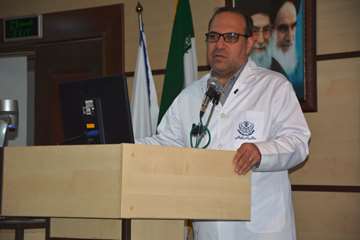
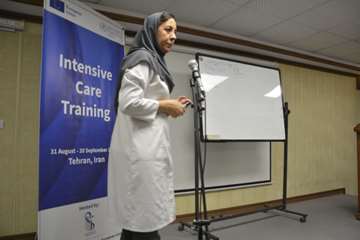
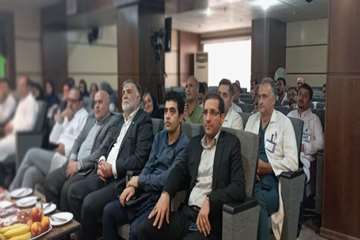
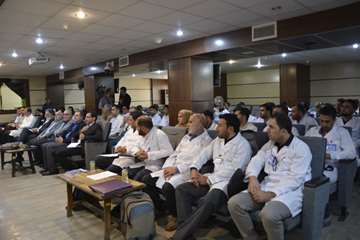

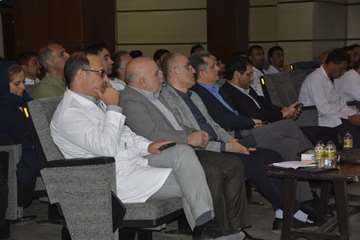
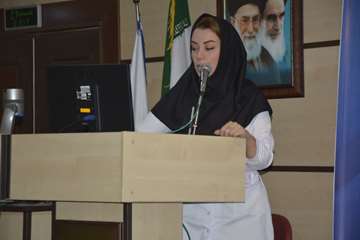
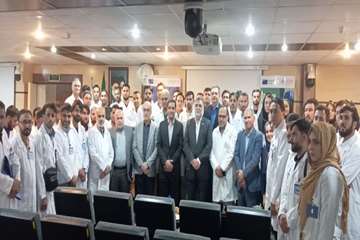
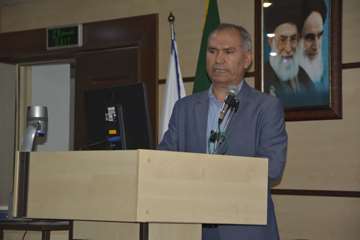
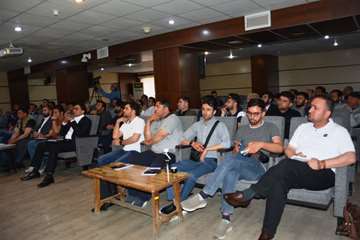
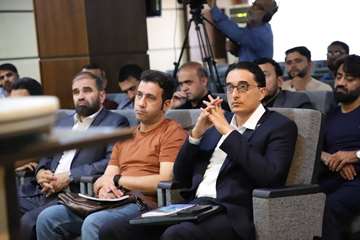

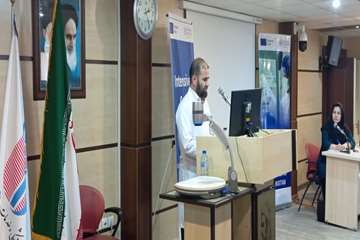
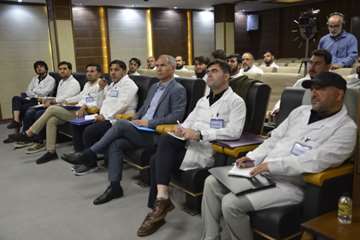
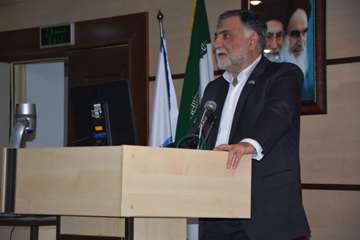


comment